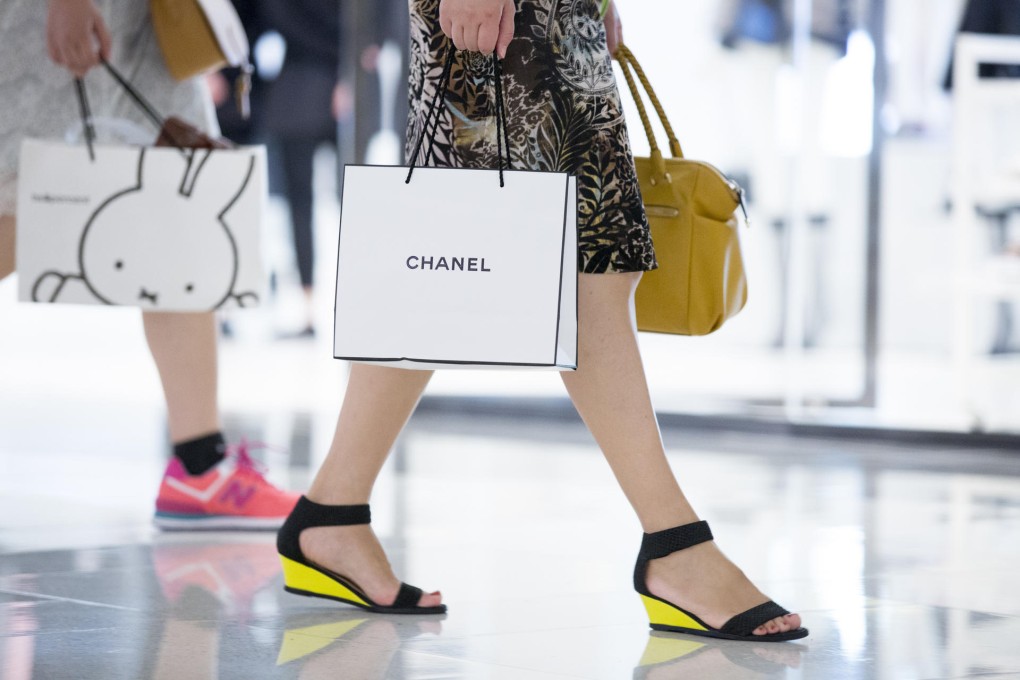The View | Occupy movement creates marketing nightmare for luxury brands
Today's student may be tomorrow's luxury customer, meaning brands need to rethink how they engage this new Hong Kong demographic

We will never be able to look at our students and young people in the same way again after the last three weeks of Occupy Central protests.
Exactly how Hong Kong has been changed will deeply affect the economy and businesses.
As in any civil and political war, everyone has been forced to choose sides. And while many citizens are hoping for Hong Kong to return to normal, it will be a new normal.
Thousands of these young protesters have altered the assumptions of a demographic that was previously thought to be blindly obedient to tycoons and authorities.
German philosopher Georg Wilhelm Friedrich Hegel described that the "master and slave relationship" only existed because the slave allowed it. And it would only end when the slave, not the master, decided to end his or her enslavement.
For better or worse, the students have decided to reject the status quo and chart an unknown course. No longer shackled by the experience of their elders' Hong Kong refugee legacy, they want what they deserve. And they want it now - at internet, social media speed.
